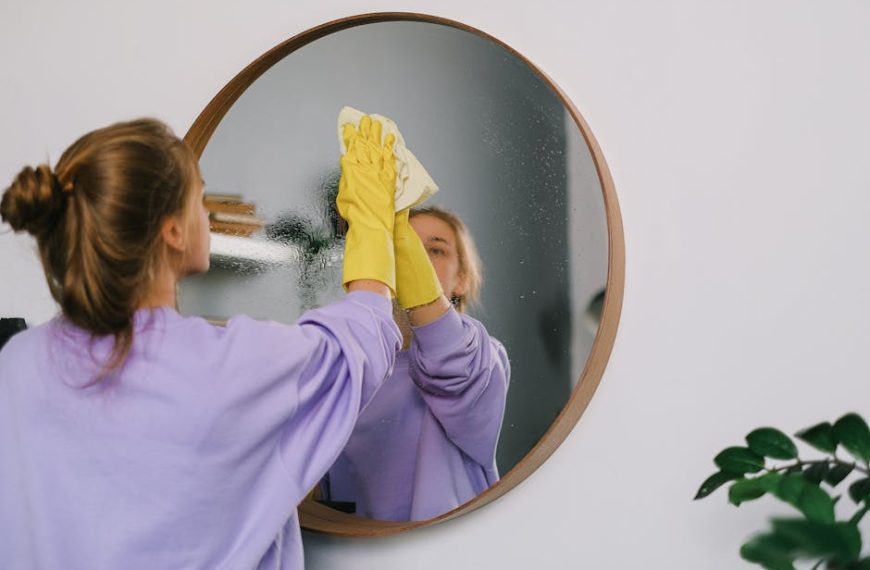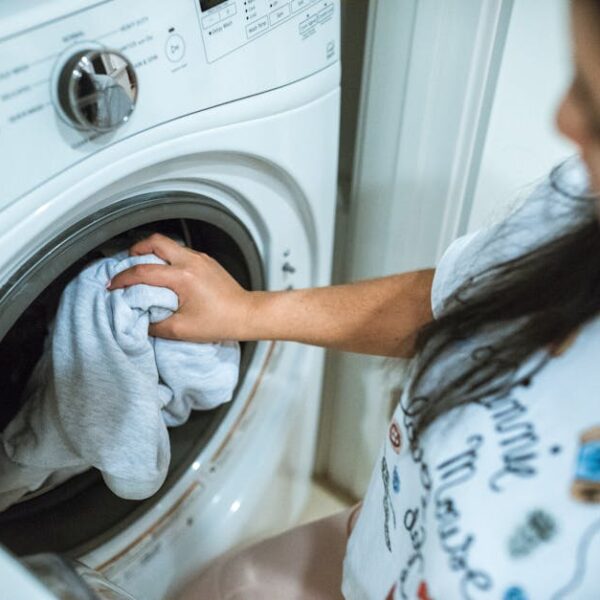Starting a cleaning business is a viable venture with significant demand and appealing profit potential. Considering the flexibility it offers, many are enticed to test the waters in this industry. But, like any other business, it requires a thorough financial understanding and plan to get your feet off the ground. In this article, we’ll take you through the definitive cost breakdown of starting a cleaning business in 2024, giving you the inside scoop you need to flesh out your budget.
Understanding the Basics of Starting a Cleaning Business
At its core, a cleaning business provides janitorial or housekeeping services to households, offices, or commercial establishments. Notably, widespread approval of cleanliness standards and the uptick in demand for sanitation services have mounted the profitability of the cleaning business.
Yet, several factors play significant roles in whether or not your venture thrives, including your service quality, customer relations, and pricing. However, a crucial advantage to note is that cleaning businesses require relatively low start-up capital, and one can get it up and running even as a part-time venture.
✓Pro Tip: Take your time to consider your unique selling points and how you can differentiate your cleaning business in the saturated market. This will help you edge out the competition and position yourself strongly in your targeted market.
Initial Start-Up Costs
Perhaps the most daunting aspect of starting a cleaning business is mapping out the initial costs. You’ll need to account for cleaning supplies, equipment, and transportation. Incorporating legally and abiding by region-specific regulations may add to the costs of starting a cleaning business.
Some budget-friendly cleaning products can give you a leg up in the cleaning industry while still helping you to keep your costs low. Simultaneously, while a vehicle for conveyance is vital to a cleaning business, you need to factor in the costs linked to maintenance, repairs, and gas.
Here’s a comprehensive checklist of all the expenses to keep in mind:
- Cleaning products and equipment
- Transportation (Van/Car, Maintenance, Gas, etc.)
- Licensing and permits
- Legal fees
✓Best Practice: Instead of jumping to purchase the most expensive cleaning tools, consider cost-effective yet quality alternatives. It’s a smart way to save money and ensure your tools’ longevity.
Counting Licenses and Insurance
Establishing a cleaning business isn’t just about getting on your gloves and scrub brushes. You’ll need to obtain a business license, which typically comes at a varying price, depending on your location.
Apart from this, cleaning businesses also should obtain liability insurance to protect against possible damages. Think of these costs as protective measures the same way you’d invest in quality cleaning supplies. Additionally, obtaining a bond for your cleaning business is an added layer of protection against theft and gives your company a sense of credibility.
| Cost | Benefits | Drawbacks |
|---|---|---|
| Insurance | Protection from damages, Adds credibility | Recurring premiums |
| Bonding | Additional layer of protection, Enhances trust | Upfront investment |
Venturing into the cost of starting a cleaning business doesn’t have to be scary. With a comprehensive checklist and a little guidance, you’re well on your way to laying the groundwork for a successful cleaning business. Join us in the next part of our discussion about Operational Expenses and Marketing, and later on Unexpected Costs. Together, we’ll ensure your fiscal resources are well-utilized and your venture thrives beyond 2024.
Operational Expenses and Marketing
Once your cleaning business is up and running, there will be recurring operational costs to factor into your monthly budget. Primarily, these expenses include staff salaries, utility bills, continuous purchase of supplies, and not to forget, marketing costs.
Consider potential marketing expenses such as website creation, promotional materials, advertising, and branding. The extent to which you market your business can significantly impact its growth and brand recognition. Moreover, as your business grows, factors like hiring additional staff, introducing new services, or expanding your reach will increase your expenses.
✓Pro Tip: Leverage online marketing strategies to save costs. Utilize social media platforms, SEO, and email marketing campaigns to reach a wider audience with minimal financial expenditure.
Be Prepared for Unexpected Costs
Every business, including a cleaning one, is susceptible to unexpected costs. Equipment could need unexpected repairs or replacement, the cost of cleaning supplies can witness an unforeseen hike, or operations could take a hit due to situations like a pandemic. The key to gracefully tackling such situations is to always be prepared.
This is why it’s crucial to have an emergency fund in place well in advance so that these surprising expenses do not disrupt your business. Here’s a checklist to help you plan for such occurrences:
- Equipment repair or replacement costs
- Sudden fluctuations in cleaning supply prices
- Business disruption due to unforeseen circumstances
✓Best Practice: Regularly set aside a certain sum from your profits into an emergency fund. This will ensure you have a financial cushion to lean on in challenging times.
In conclusion, starting a cleaning business is indeed a promising venture. However, like all businesses, it requires careful financial planning and management. From taking into consideration the initial start-up costs to ensuring you have an emergency fund in place, all these steps play a crucial role in the successful operation of your business. By following the advice laid out in this guide, you stand a better chance at effectively navigating through the monetary aspects of your cleaning business well beyond 2024. After all, making informed decisions is the crux of a profitable business. Happy cleaning!
Key Takeaway:
- Starting a cleaning business requires understanding its basic concept, demand, potential profitability, and unique selling points to edge out competition.
- Initial start-up costs include cleaning supplies, equipment, transportation, and legal fees, with budget-friendly options available.
- A business license, insurance for potential damages, and bonding for added protection and credibility have associated costs.
- Recurring costs for staff salaries, utility bills, marketing, and continuous supply purchase are necessary. Effective online marketing strategies can save costs.
- Plan for unexpected costs such as equipment repair, fluctuation in supply cost, and business disruption to ensure operation continuity and financial stability.
Developing a cleaning business can be exciting and profitable with careful planning and financial understanding. Always keep in mind to stay prepared for surprises, utilize the right marketing tactics, and maintain an emergency fund. When these factors are appropriately managed, you’ll find your path to success smoother and your venture thriving for the long term.
FAQs
Q: What are some effective yet cost-saving online marketing strategies?
A: Utilize social media platforms, SEO (Search Engine Optimization), email marketing campaigns, and leverage customer reviews to increase visibility and reach without excessive spending.
Q: How can I differentiate my cleaning business in the competitive market?
A: Identify your unique selling points, understand your target market’s needs, and deliver services that not only meet but exceed those expectations. A strong customer service ethic and a professional image can also set you apart from your competitors.
Q: How important is it to have an emergency fund for my cleaning business?
A: An emergency fund is critical as unexpected costs can arise anytime, impacting your business operation. Timely equipment repair, handling supply cost changes, or managing business disruption is smoother with a financial cushion.
Q: Can I start a cleaning business on a part-time basis?
A: Yes, a cleaning business requires relatively low start-up capital and can begin as a part-time job. As you gain more clients and confidence, you may consider transferring into full-time operations.
Q: Can I save on initial costs by using cheap cleaning supplies and equipment?
A: While it’s essential to be cost-effective, do not compromise on quality. Look for budget-friendly alternatives that offer quality performance. This ensures the longevity of your tools and satisfaction of your customers.
Enjoyed reading the article? Feel free to share it and don’t miss out on our other posts to gain more insights into starting your own business.












